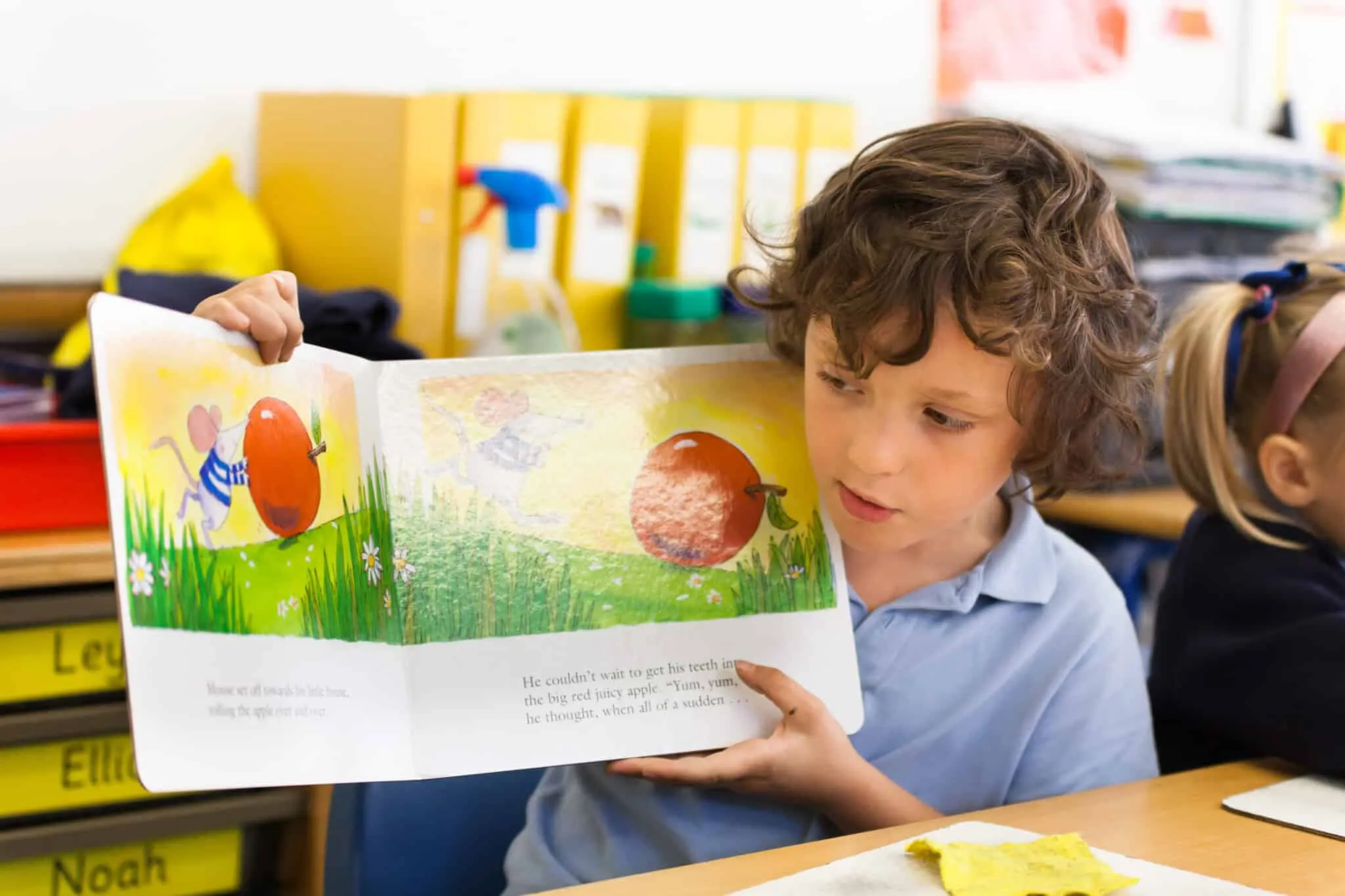June 23, 2015

Congratulations to Tanya Landman and William Grill who, from a very strong field, have been awarded the CILIP Carnegie and Kate Greenaway Medals. The prizes were awarded at a ceremony at the British Library in London yesterday.
Tanya Landman was awarded the CILIP Carnegie Medal, considered the most prestigious prize for children’s literature. The book Buffalo Soldier is a powerful narrative based on a true story from the time of the American Civil War. After being freed from slavery, Charlotte decides to join the US army in the guise of a man and changes her name to Charley. She is sent to the American frontier to fight native American Indian tribes, where death is always near at hand.
William Grill won the CILIP Kate Greenaway Medal for his début book Shackleton’s Journey. This award is given for outstanding illustration in a book for children. Grill’s factual account of Shackleton’s polar exploration is told as much through the illustrations as the text. Grill used his acceptance speech to raise the profile of engaging non-fiction texts, saying: “I believe there is a large, untapped reserve of non-fiction stories waiting to be re-interpreted that, handled correctly, can be educational and entertaining.”
The popularity of the shortlisted titles
Renaissance Learning is proud to support the awards. Through our partnership with CILIP we have made available mini Accelerated Reader-style quizzes on the books shortlisted for the awards. This has allowed students following the Shadowing scheme to take fun online quizzes once they have read the shortlisted books. In addition to the short online quizzes, all of the books shortlised for the awards have full quizzes available through Accelerated Reader.
This gives a unique insight into the relative popularity of the books shortlisted for the awards among students. We have counted up all the quizzes taken through AR and online since the shortlist was announced, showing which titles have been most popular… and where the tastes of the Shadowing group participants has differed from those of the wider sample of students using Accelerated Reader.

The most popular book among both AR users and Shadowers was Sarah Crossan’s Apple and Rain. Over 20% of all the AR quizzes taken on the Carnegie shortlist were for this book, and just under 20% for the Shadowers. Other books disproportionately popular with AR users compared to Shadowers were The Fastest Boy in the World by Elizabeth Laird and More Than This by Patrick Ness. On the other hand, The Middle of Nowhere by Geraldine McCaughrean and Cuckoo Song by Frances Hardinge have proved much more popular with Shadowers than AR users.
Interestingly, the Tanya Landman’s winning book is the title on the shortlist quizzed least often by both AR users and Shadowers. This will undoubtedly change in the coming weeks!

There is a similar story among the books shortlisted for the Kate Greenaway medal. Tinder by Sally Gardner received a disproportionately high percentage of the quizzes taken because it appears on both shortlists. Other books were much more popular with AR users than Shadowers, while some were more popular among Shadowers than AR users. Generally, the field was much more even among the quizzes taken through the Shadowing website, suggesting that students shadowing the awards read across the shortlist more broadly than their counterparts using Accelerated Reader.
Renaissance Learning continues to support the awards and the Shadowing scheme in particular as extremely effective ways to engage students with a wide range of high-quality literature, and we continue to explore ways of using our partnership with CILIP to promote the Shadowing scheme among AR-using schools.
The impact of being shortlisted for the awards
The count of the number of quizzes taken through Accelerated Reader gives a valuable insight into the impact being shortlisted for the awards can have. Students must have actually read a given book in order to pass the AR quiz. This means that usage data from AR quizzes is a valuable indicator of not just how many students have access to a book but how many have actually read a book. Using data from AR, then, we can see the difference that being on the Carnegie shortlist can make to the number of students reading a book.
There is a very big difference indeed. Because the AR quiz for More Than This by Patrick Ness was released in autumn 2013, we can track the number of students taking the quiz each month over a period of over 18 months. Supported by a high-profile media advertising campaign and excellent critical reviews, the book has been relatively popular with AR users since the quiz was first made available. However, the number of students taking the quiz has increased dramatically since the Carnegie longlist was announced in February, and further still since the shortlist was announced in March. The number of AR quizzes taken for More Than This was approximately ten times as high in March 2015 as it was in March 2014.

The Carnegie and Kate Greenaway Medals shed a much-needed spotlight on the best quality books for children published each year. The awards have a significant impact on the number of students reading quality books – as judged by school librarians at every stage of the process. Above all, they allow us to celebrate the success of a highly-deserving author and illustrator: so well done once again to Tanya Landman and William Grill!
